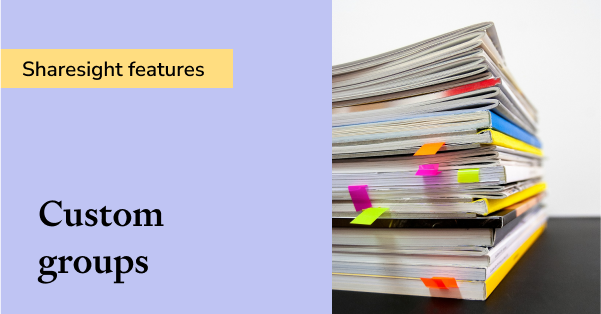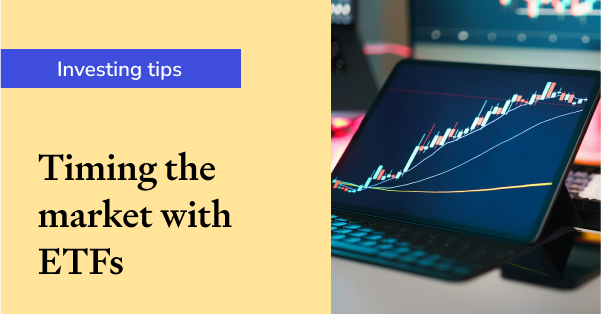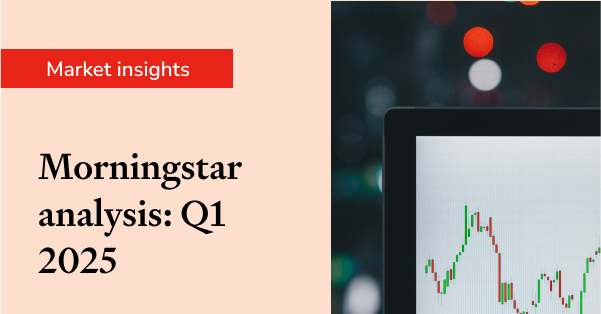Zero dollar brokerage - too good to be true?
We were introduced to Robinhood a few months ago. This is the outfit in the US offering commission-free trading. Like many tech companies it seems like they're going for user-adoption first, and will work out how to monetise their customer base later on. I love this idea, but others aren't so sure.
A recent article in Vox by Matthew Yglesias called the idea "terrible." Matthew claims that you are incapable of selecting investments on your own. He says:
That's because the problem with buying and selling shares of stock has very little to do with brokerage fees. The problem is that you are not very good at picking which stocks to buy and sell. You do not have the level of investment skill necessary to beat the accumulated research departments and trading algorithms of all the time investment banks and hedge funds.
Matthew Yglesias
I guess Matthew believes that the only thing holding back 300 million Americans from trading like they play Candy Crush is $6.95. This piece is half complete. It would be better if Yglesias addressed the opportunity Robinhood provides those of us non-hedge fund investors who do know what we're doing. Zero dollar brokerage is the first step to a more engaged investing public.
If we use Matthew's definition of "you," he's right. Lumping every man, woman, child, and golden retriever who plays their hand at the market into one bucket makes for some uninspiring data. You've heard the "monkey throwing darts at a board" story. This is why most people are better off using low-cost ETFs or web-based financial advice products. "We," as an investing public don't have the knowledge, the time, or the discipline to invest.

But for those of us who've taken the time to research companies and build portfolios thoughtfully, Robinhood is a welcome development.
One of the main reasons "we" can't beat the market is due to high, fixed fees. Not only brokerage fees, but the cost of placing our money in the trust of others, which is the alternative to doing it ourselves. In fact, Morningstar, the research house and data provider admitted that fees are a better predictor of future returns than their own research. Removing fees from the equation offers more in returns to investors who know what they're doing.
The backdrop to Matthew's piece is that it's to complicated to invest, too hard, and we're too stupid to do it. That's sad. And it's exactly the type of message that drives people away from taking ownership of their 401ks, pensions, superannuation, etc. Early-stage financial education and a long-term approach combine to make high quality portfolios. And the best portfolios are the simplest.
Is the investing public better off with artificial barriers to trading like commissions, or are we smart enough to figure out that rapidly buying and selling shares while racking up losses and capital gains tax is a truly, terrible idea?
Are we better off learning from our own bad investment ideas or handing over fees to a bank because it's not even worth educating ourselves?
I like to think that Sharesight clients already know the answer to these.
My advice to the new investor would be to build an investment foundation with a few core ETFs, gaining the diversification that Matthew suggests, but then to join a stock club or subscribe to a well-known research provider. When you truly understand a company and are ready to buy shares, seek out the cheapest way to invest.
FURTHER READING

8 ways to use Sharesight's custom groups feature
This blog explains our custom groups feature, including strategies that can help you gain deeper portfolio insights and make more informed investing decisions.

You can time the market – and ETFs are the way to do it
Marcus Today founder and director Marcus Padley discusses timing the market, and how investors can do this using exchange-traded funds (ETFs).

Morningstar analyses Australian investors’ top trades: Q1 2025
Morningstar reviews the top 20 trades by Australian Sharesight users in Q1 2025, and reveals where their analysts see potential opportunities.